Calories are often talked about in terms of weight loss, okay we got that but they’re actually the fuel your body needs to function properly. Whether you’re trying to maintain a healthy weight, gain muscle, or simply stay energized, getting enough calories is essential.
But how do you know if you’re eating enough? Many people unknowingly consume too few calories, leading to fatigue, poor concentration, and other health issues. Let’s dive into why calorie intake matters, signs of undereating, and how to make sure you’re getting enough each day.
Why Calories Matter for Your Health
Calories are the energy source your body uses for everything from breathing and digestion to physical activity and brain function. When you don’t eat enough, your body doesn’t have the energy it needs, which can lead to a range of physical and mental health issues. Consuming enough calories daily helps:
- Maintain a healthy metabolism
- Support muscle growth and recovery
- Keep your brain sharp and focused
- Regulate hormone levels and immune function
- Prevent fatigue, dizziness, and weakness
Undereating can slow down your metabolism, cause nutrient deficiencies, and increase stress on your body. That’s why getting the right amount of calories is just as important as eating nutritious foods. Sometimes you don’t even realize it, but not eating enough can actually make you more stressed.
Signs You May Not Be Eating Enough Calories
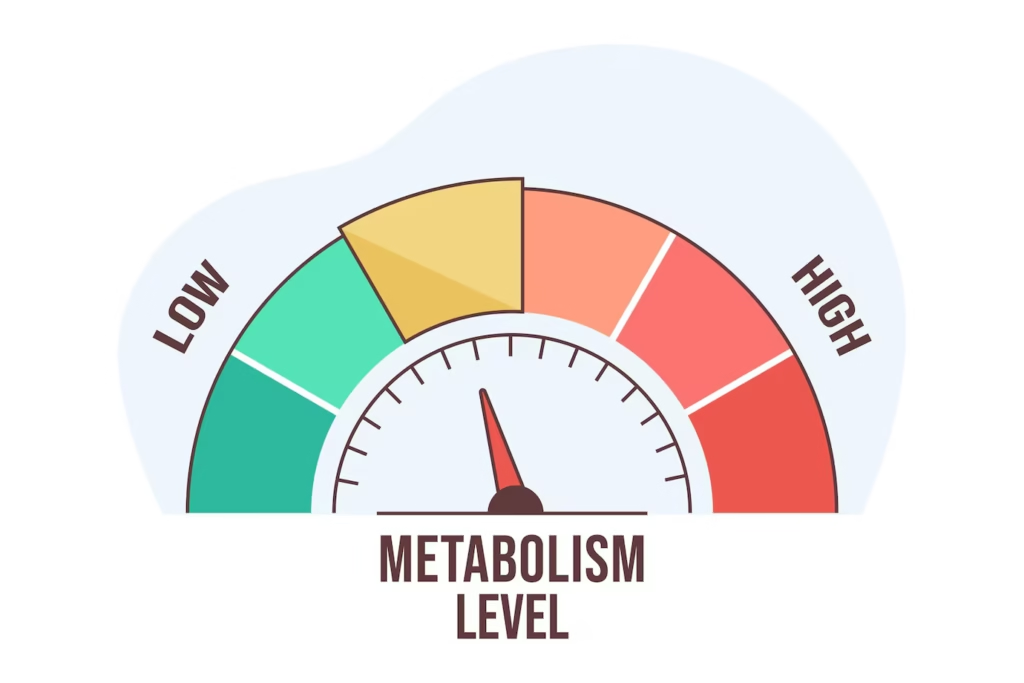
It’s easy to underestimate how much food your body actually needs. If you notice any of these signs, you might not be getting enough calories each day:
Constant Fatigue and Low Energy
Feeling exhausted all the time? Well, yeah. Not eating enough means your body isn’t getting the energy it needs, making you feel tired, sluggish, and unmotivated throughout the day. It took me months, and maybe even years to realize this. But it really makes a crucial difference.
Trouble Concentrating
Your brain needs glucose (a form of energy from food) to function properly. If you’re not eating enough, you may experience brain fog, difficulty focusing, and memory problems. (So maybe you’re getting enough B12 vitamins every day but still having memory problems? The issue might be not getting enough calories.)
Frequent Hunger and Food Cravings
One of the most obvious signs of not eating enough is always feeling hungry. You may also experience strong cravings for sugary, high-calorie foods, as your body tries to compensate for the lack of energy.
Hair Loss or Brittle Nails
Not getting enough nutrients due to low calorie intake can affect hair and nail health. If your hair is falling out more than usual or your nails are weak and brittle, it could be a sign of undereating. (I was having this issue and thought it was because of genetics, but I realized I wasn’t getting enough calories.)
Mood Swings and Irritability
Food affects your mood and emotional well-being. When you don’t eat enough, blood sugar levels drop, leading to irritability, mood swings, and increased stress levels.
Feeling Cold All the Time
A slower metabolism from low calorie intake can make it harder for your body to regulate temperature, making you feel cold even in warm environments.
Loss of Muscle Mass
If your calorie intake is too low, your body starts breaking down muscle for energy. This can lead to weaker muscles, slower recovery after workouts, and difficulty building strength.
How Many Calories Do You Actually Need?
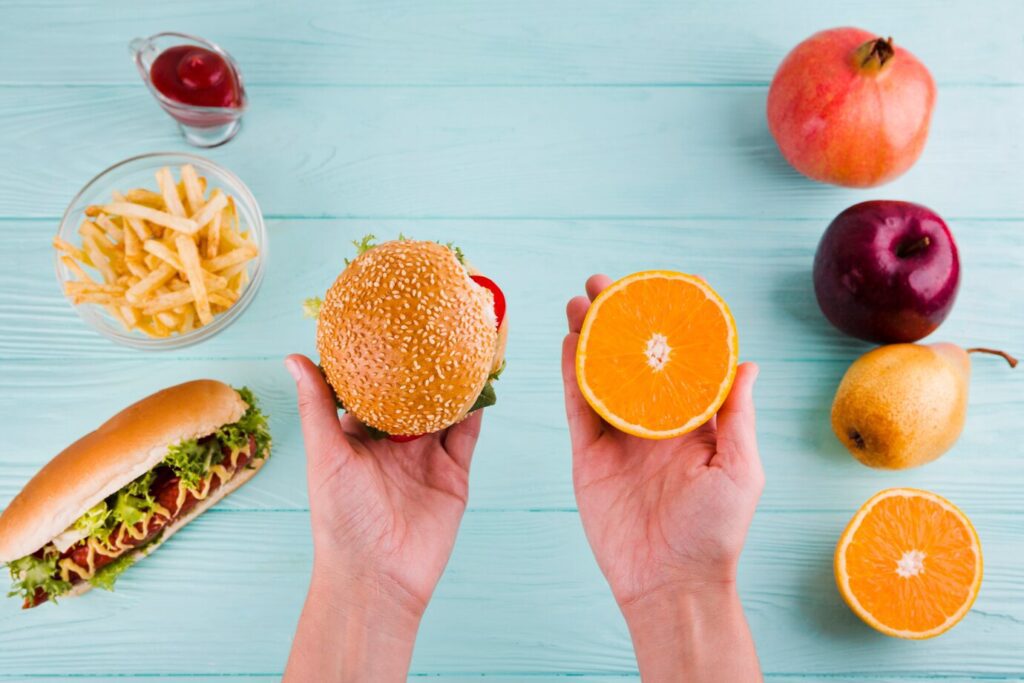
Okay this part is really important. The number of calories you need depends on age, gender, activity level, and overall health goals. A general guideline for daily calorie intake is:
- Sedentary adults: 1,800–2,200 calories (women), 2,200–2,600 calories (men)
- Moderately active adults: 2,000–2,400 calories (women), 2,400–2,800 calories (men)
- Active adults: 2,400+ calories (women), 2,800+ calories (men)
However, individual needs vary. If you’re unsure about your ideal calorie intake, consider using a calorie calculator or consulting a nutritionist to determine the right amount for your lifestyle.
How to Ensure You’re Eating Enough Calories
If you suspect you’re not getting enough calories, here are some simple ways to increase your intake without overeating unhealthy foods.
Eat More Nutrient-Dense Foods
Instead of eating empty-calorie foods (like chips or soda), focus on whole foods that provide essential nutrients. Healthy calorie sources include:
- Healthy fats (avocados, nuts, olive oil)
- Lean proteins (chicken, eggs, tofu)
- Complex carbs (whole grains, sweet potatoes, quinoa)
Don’t Skip Meals
Skipping meals can lead to low energy, cravings, and overeating later in the day. Aim for three balanced meals a day and include snacks if needed.
Add Healthy Snacks Between Meals
If you struggle to eat enough calories, try adding small, nutritious snacks throughout the day, like: turkish yogurt with fruit Peanut butter on whole-grain toast, a handful of almonds or trail mix.
Stay Hydrated, But Not at the Expense of Calories
Drinking water is essential, but drinking too much liquid before meals can make you feel full and reduce your calorie intake. If you’re struggling to eat enough, drink water after meals rather than before.
So, if you’re feeling tired, cranky, or lightheaded, your body might be telling you it needs more food. Listen to those signals and nourish yourself accordingly. Calories are not the enemy, they are essential for energy, mental focus, and overall well-being. If you’re experiencing signs of undereating, it’s important to adjust your diet to ensure you’re getting enough fuel.
The key to a healthy diet isn’t just about calories, but about finding the right balance of nutrients to support your body’s needs. By paying attention to hunger cues, prioritizing whole foods, and maintaining a consistent eating routine, you can ensure you’re meeting your body’s energy demands and feeling your best every day.
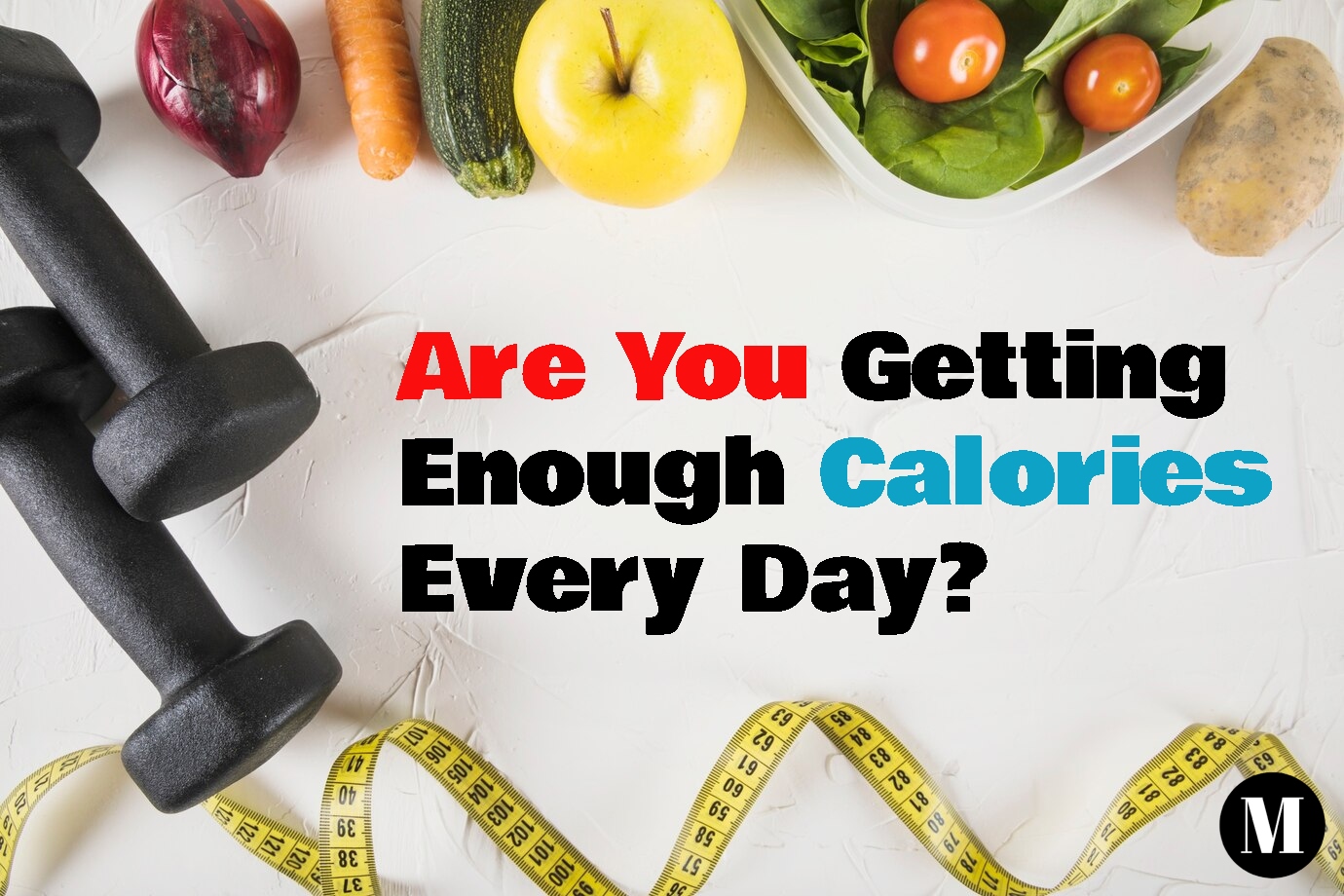
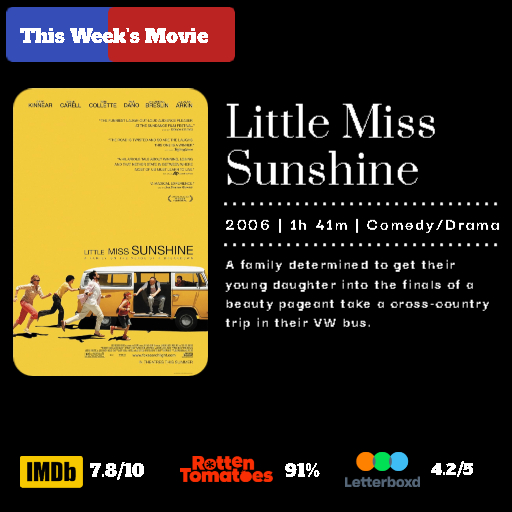







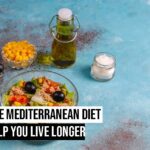


1 thought on “Are You Getting Enough Calories Every Day?”